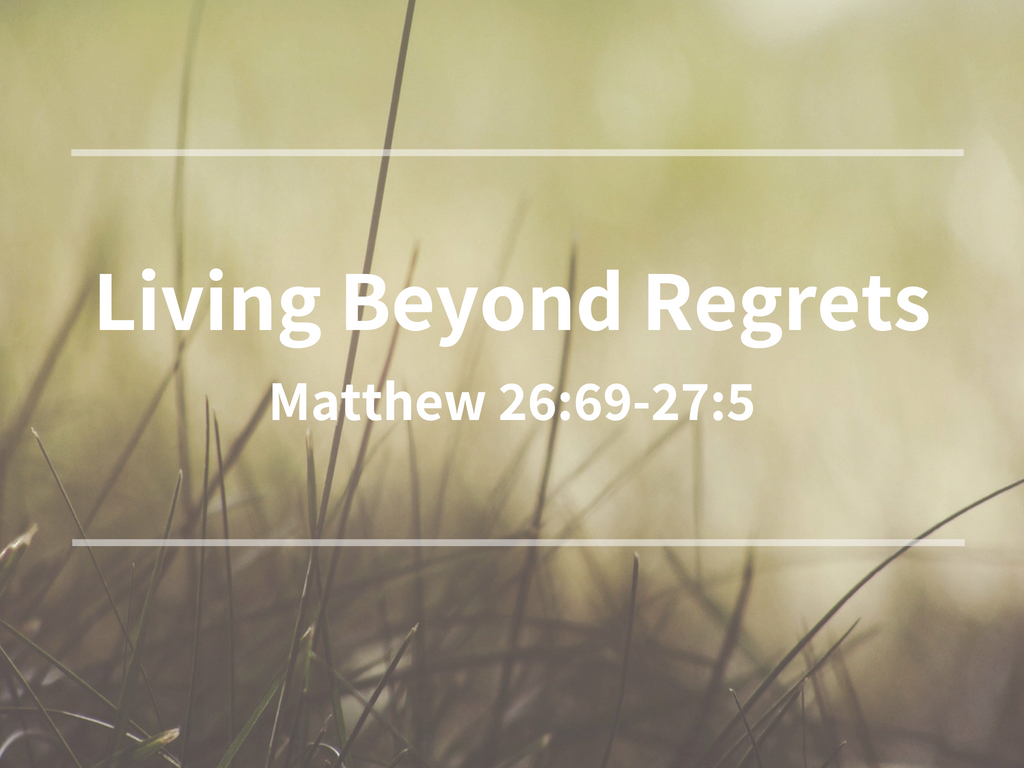Have you ever found yourself ruminating on past choices, mired in the quagmire of regret? This common human experience evokes a tantalizing inquiry: what if we could transcend these sentiments and embrace a life imbued with purpose? The Bahá’í teachings offer profound insights into the themes of personal growth, the impermanence of life, and the significance of living with intention. Positioned at the intersection of spirituality and practical living, these teachings can illuminate a path to satisfaction and fulfillment.
Central to the Bahá’í perspective is the concept of the individual as a dynamic entity capable of transformation. The teachings emphasize that personal evolution is a continual process, and mistakes are inherent to the human experience. Each misstep presents an opportunity for learning, thereby shifting our focus from regretting past actions to cultivating a life guided by purpose.
Consider the notion of the “view from above.” Imagine looking at your life as though it were a tapestry, with every thread representing experiences—both joyous and regrettable. With this metaphorical vantage point, the weight of regret diminishes, allowing for a more expansive understanding of existence. It becomes evident that challenges and failures are mere threads that contribute to the broader masterpiece of life.
In accordance with Bahá’í teachings, the eradication of needless regret begins with the recognition that life is an educational journey. Every individual is endowed with an innate capacity to learn from experiences. This leads us to the integral role of reflection in personal development. Taking time to introspect provides clarity, revealing lessons nestled within moments of despair.
Moreover, the Bahá’í writings counsel against succumbing to despair. The idea that divine grace permeates all aspects of existence serves as a comforting assurance for those who have grappled with regret. Understanding that every soul is a reflection of the divine can engender a profound sense of worth, fostering an environment conducive to growth and advancement.
An essential aspect of transcending regret is setting proactive goals. The Bahá’í teachings advocate for purposeful living through service to humanity. When individuals direct their energies toward the betterment of society, they find profound satisfaction that counterbalances any feelings of remorse. The act of selflessly serving others cultivates a sense of belonging and relevance, empowering individuals to shape their destinies.
As we navigate the complexities of life, it is crucial to embody forgiveness—both towards oneself and others. The Bahá’í writings introduce the transformative power of forgiveness, which enables the release of burdensome emotional weights. In relinquishing the chains of past grievances, individuals find the freedom to embrace the present fully and to maneuver toward a more fulfilling future.
Another salient point within the Bahá’í framework involves the cultivation of virtues. This system of character development serves as a scaffold for a purpose-driven existence. Qualities such as compassion, integrity, and humility are not merely aspirational; they are actionable tenets that can be woven into the fabric of daily living. By embodying these virtues, individuals can navigate their lives with a sense of authenticity and purpose, transcending the confines of past misjudgments.
Additionally, embracing the concept of unity in diversity reflects another dimension of Bahá’í teachings. When one recognizes that everyone encounters trials, a sense of kinship is fostered, which can alleviate feelings of isolation stemming from regret. This shared human experience serves to bolster the notion that personal advancement occurs within a broader, interconnected framework.
However, one may pose a challenging question: how does one discern the fine line between constructive reflection and paralyzing regret? This distinction is pivotal in maintaining emotional and spiritual equilibrium. The Bahá’í approach suggests that self-examination should culminate in empowerment rather than self-deprecation. A viable method for achieving this is to document insights gleaned from experiences, promoting a habit of mindfulness that encourages forward momentum.
Moreover, the concept of time is pivotal in establishing a purposeful life. The Bahá’í teachings impart a sense of urgency regarding the transient nature of existence. Each moment is imbued with potential and significance, urging individuals to seize opportunities for personal and communal growth. Recognizing the finite nature of time should propel individuals into action, focusing on what truly matters rather than dwelling excessively on the past.
In conclusion, the Bahá’í teachings encompass a holistic framework for transcending regret and embarking on a purposeful journey. They advocate for self-reflection, service to humanity, the cultivation of virtues, and the intrinsic value of forgiveness. By embedding these principles into everyday life, one can aspire to a state of being that prioritizes growth and fulfillment. The path to living a life devoid of debilitating regret is paved with intention, compassion, and an unwavering commitment to the betterment of oneself and society. As individuals step boldly into their purpose, they not only liberate themselves from the shackles of regret but also instigate a ripple effect of positive transformation—an enduring impact on the tapestry of human existence.
